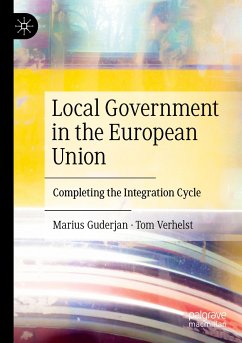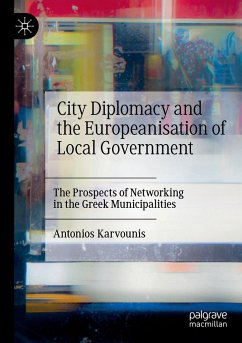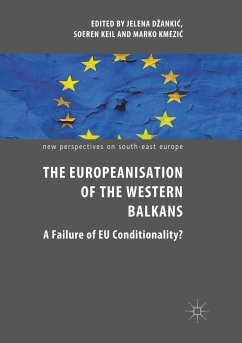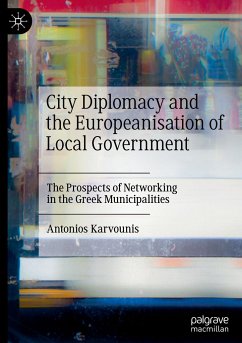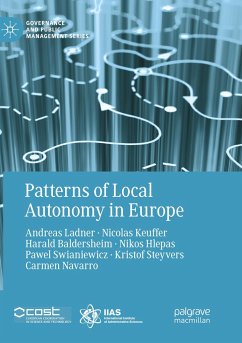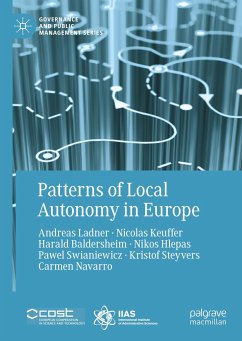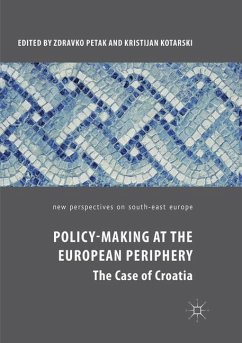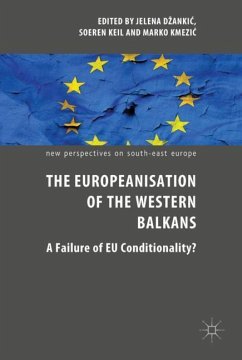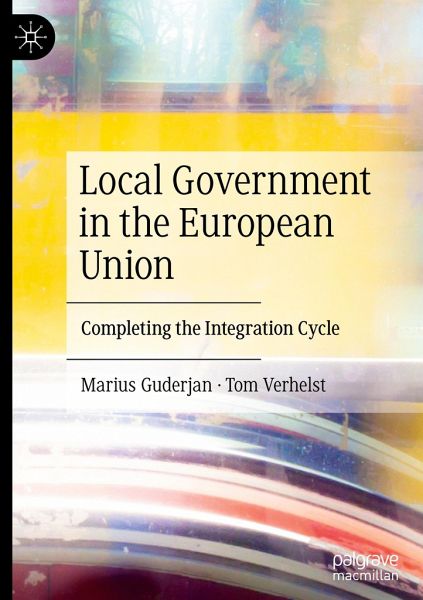
Local Government in the European Union
Completing the Integration Cycle
Versandkostenfrei!
Versandfertig in 6-10 Tagen
91,99 €
inkl. MwSt.
Weitere Ausgaben:

PAYBACK Punkte
46 °P sammeln!
This book addresses the 'bigger picture' of local-European relations and adds a new dimension to existing studies on multilevel governance and the Europeanisation of local government. Drawing from a combination of European integration theories and operational approaches, it introduces the idea of an integration cycle in which local government responds to the top-down impact of the EU internally, horizontally and vertically. This volume presents a wide range of empirical examples to demonstrate how local authorities across Europe have changed their practices, orientation and preferences, and ad...
This book addresses the 'bigger picture' of local-European relations and adds a new dimension to existing studies on multilevel governance and the Europeanisation of local government. Drawing from a combination of European integration theories and operational approaches, it introduces the idea of an integration cycle in which local government responds to the top-down impact of the EU internally, horizontally and vertically. This volume presents a wide range of empirical examples to demonstrate how local authorities across Europe have changed their practices, orientation and preferences, and adapted their institutions and organisation. Not only do cities, towns and counties cooperate with each other across borders and through transnational networks and partnerships, but by mobilising formally and informally, local actors participate in and influence European governance and contribute to the future trajectories of European integration, thereby completing the integration cycle.





